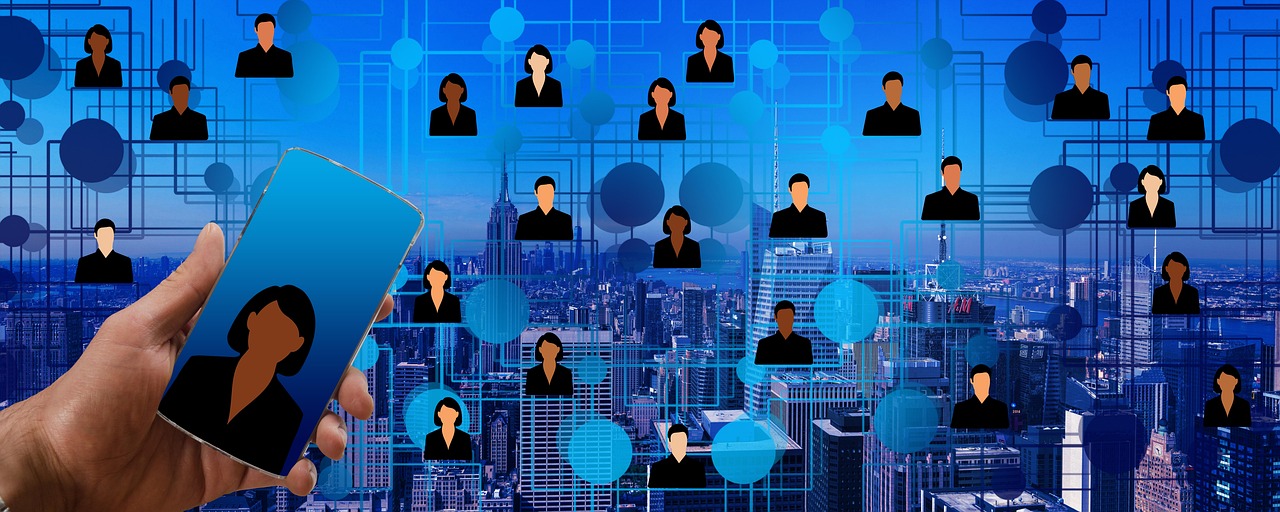
Pixabay
Simply put, blockchain is a decentralized record-keeping system that enables the secure, open, and immutable recording of information. The system employs a network of interconnected nodes to authenticate and record block transactions, preventing data alteration or falsification. This quality underscores its suitability as a suitable tool for Myri, a diverse use within the educational domain.
The verification and authentication of credentials are made secure through the use of a blockchain, which offers a secure and accessible method for storing diplomas, degrees, and academic certificates. Direct verification mitigates intermediary costs and the likelihood of fraud, allowing for immediate validation of documents by employers and other organizations.
Blockchain documents can be retrieved from almost anywhere worldwide, promoting educational and occupational transition. Data clarity ensures that students and instructors enjoy equal opportunities to access information.
Blockchain can be used to record and store academic publications, and the creator can be used to recognize and save the creator of their work. Thanks to Blockchain, students can build a lifetime learning history and track their certificates and microcredits across different educational and professional contexts.
Despite the advantages that blockchain offers, its adoption in the educational field is fraught with obstacles. The introduction of this technology requires an investment in digital technology infrastructure and training for its proper use. Educational institutions and technology platforms must find common standards that ensure proper communication between systems. Information management through blockchain must follow legal requirements for personal data protection, thus ensuring student security and privacy.
As blockchain technology evolves, its application in education will become increasingly relevant, and educational organizations will adopt blockchain applications to issue digital degrees, manage academic records, and promote distributed learning models.
Over time, blockchain could contribute to democratizing learning and ensuring visibility and trust in educational systems around the world.
Blockchain represents a great opportunity to transform education by providing greater security, accessibility, and visibility in knowledge management. Its implementation also presents significant challenges. However, its potential to improve academic certification, student mobility, and intellectual property management makes it an important tool for the future of learning. Educational organizations must research and invest in the technology to realize its benefits and prepare students for digitalization.